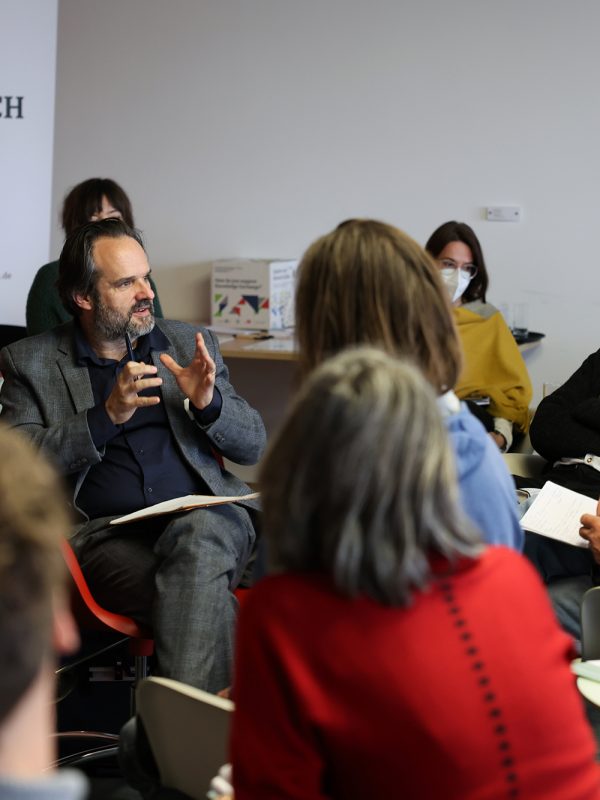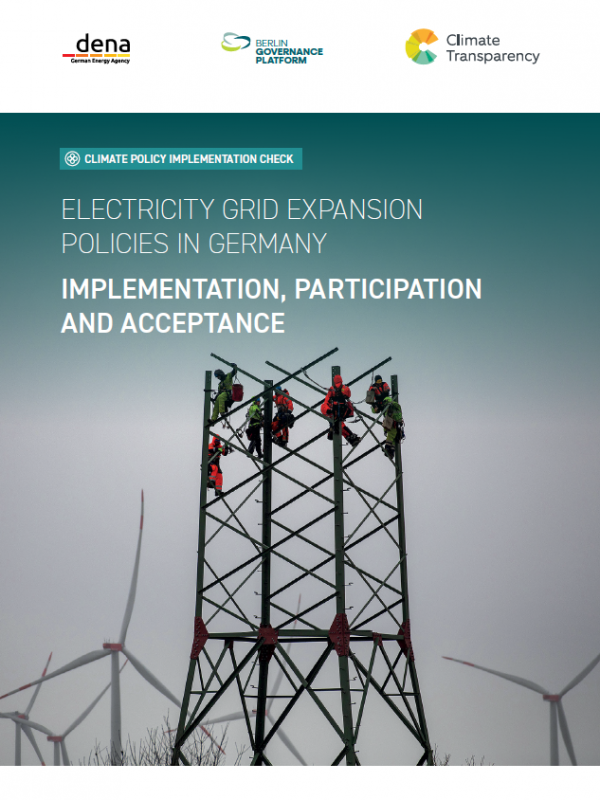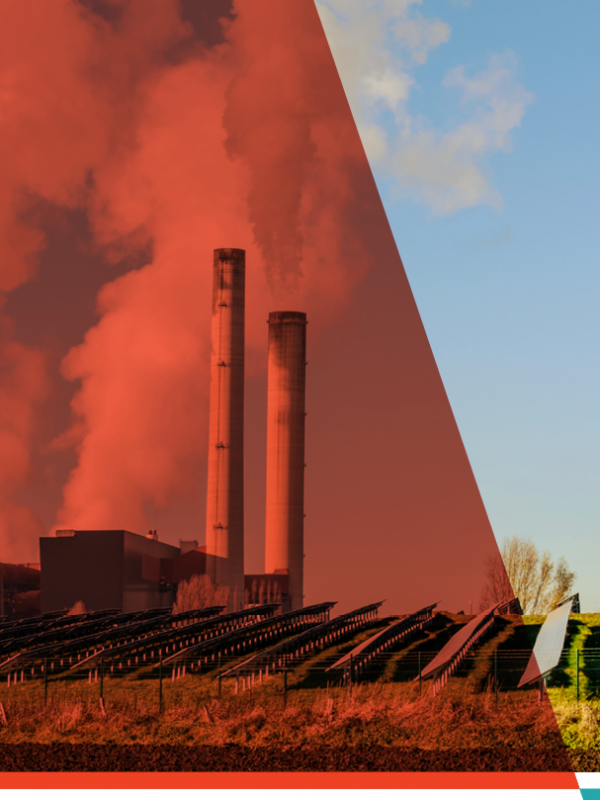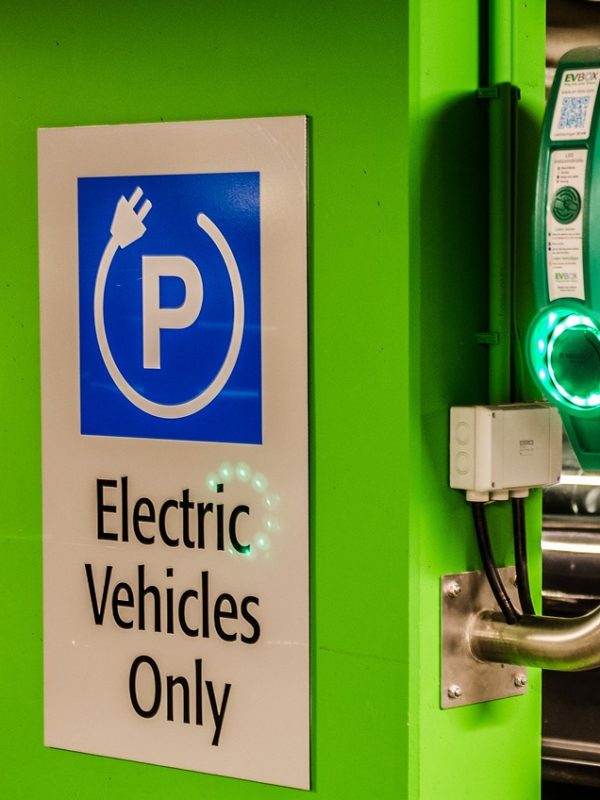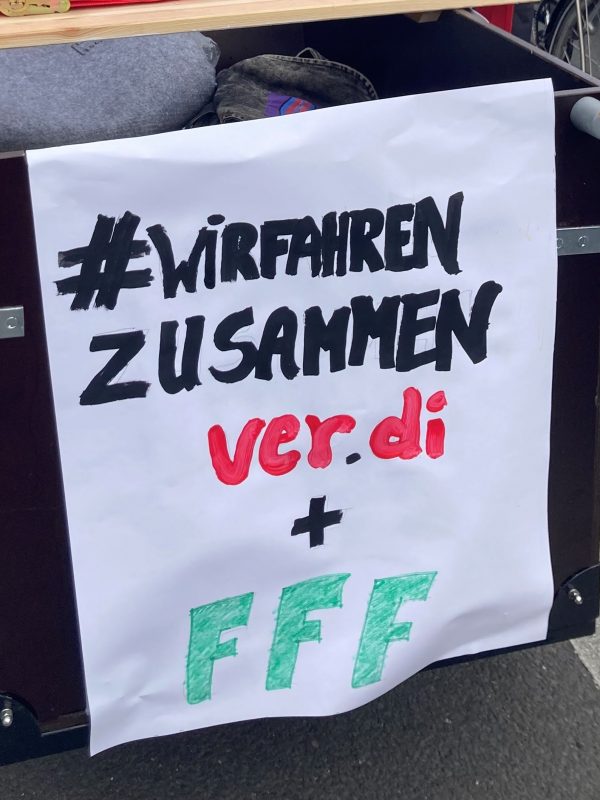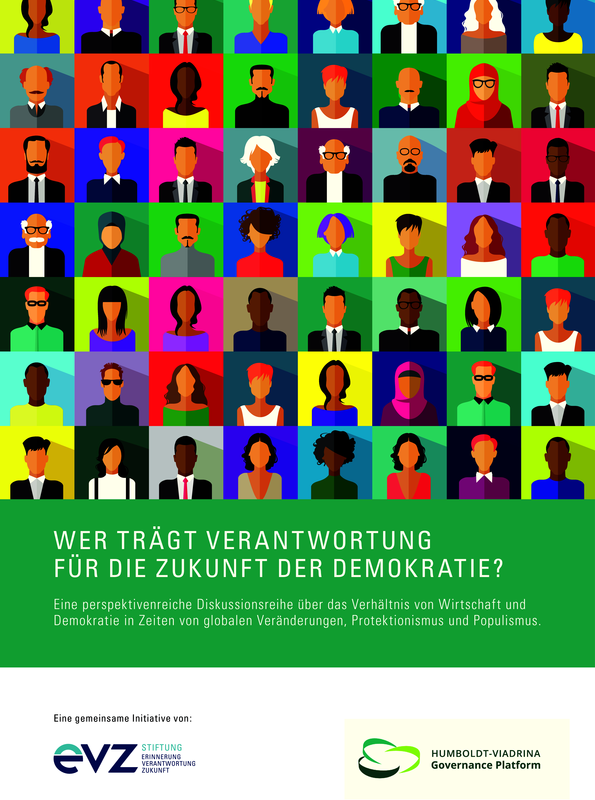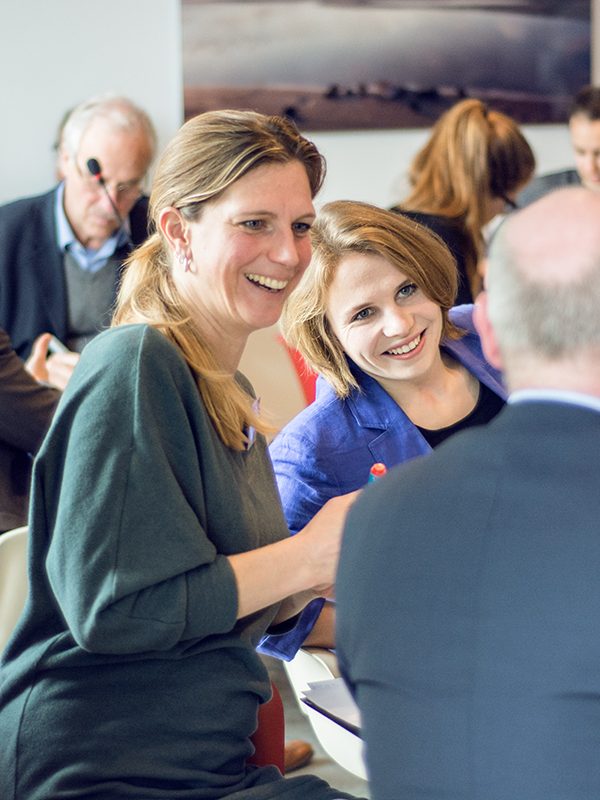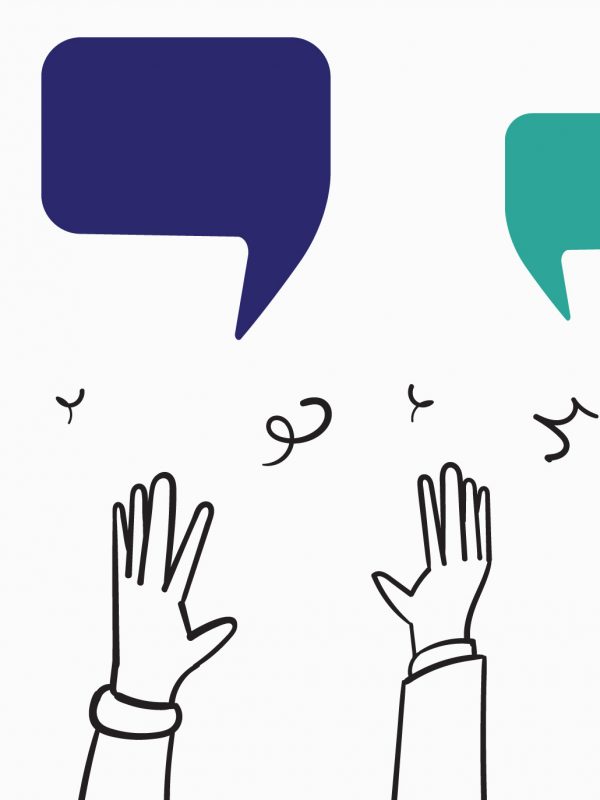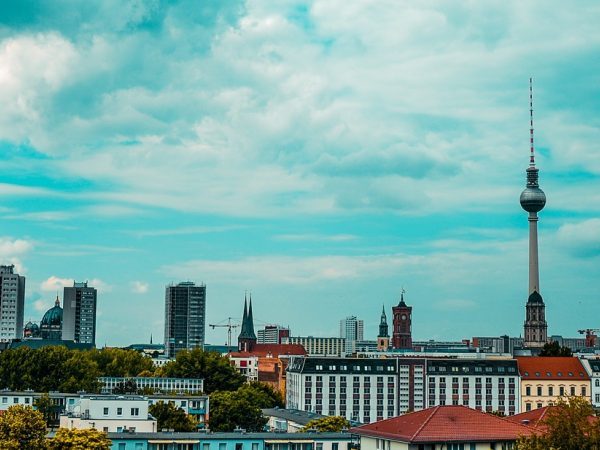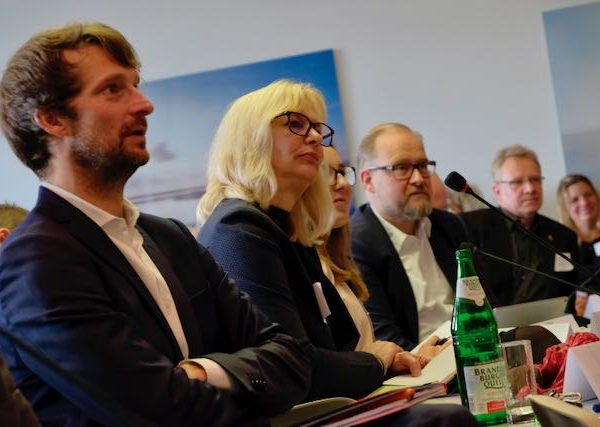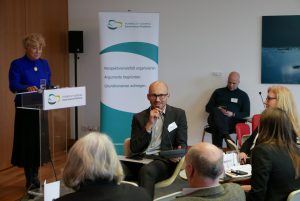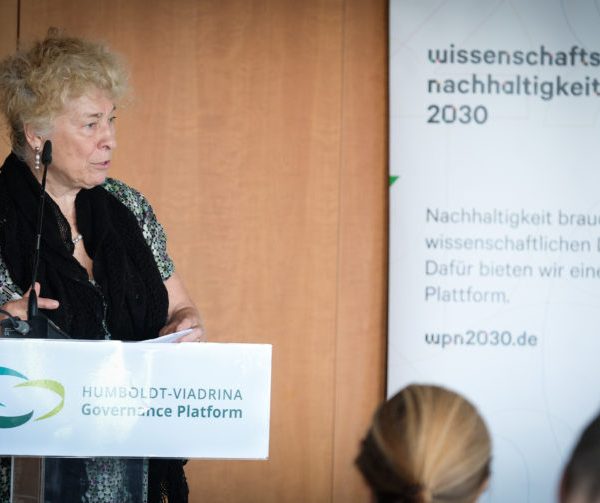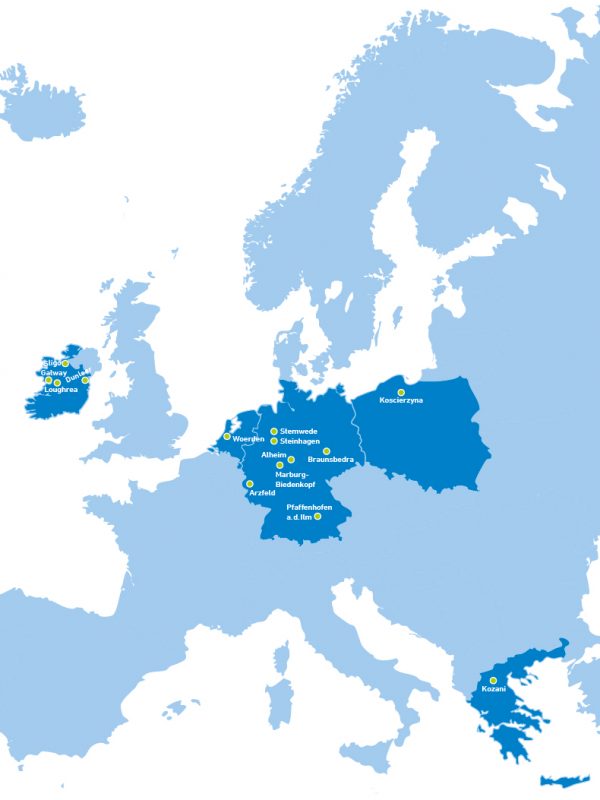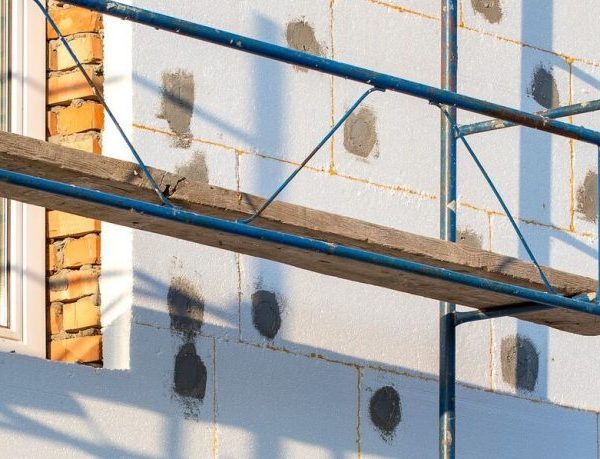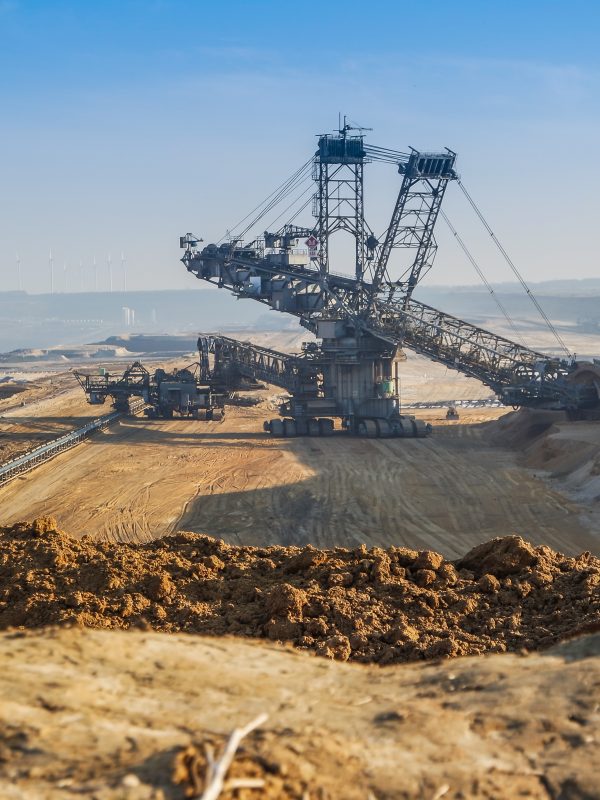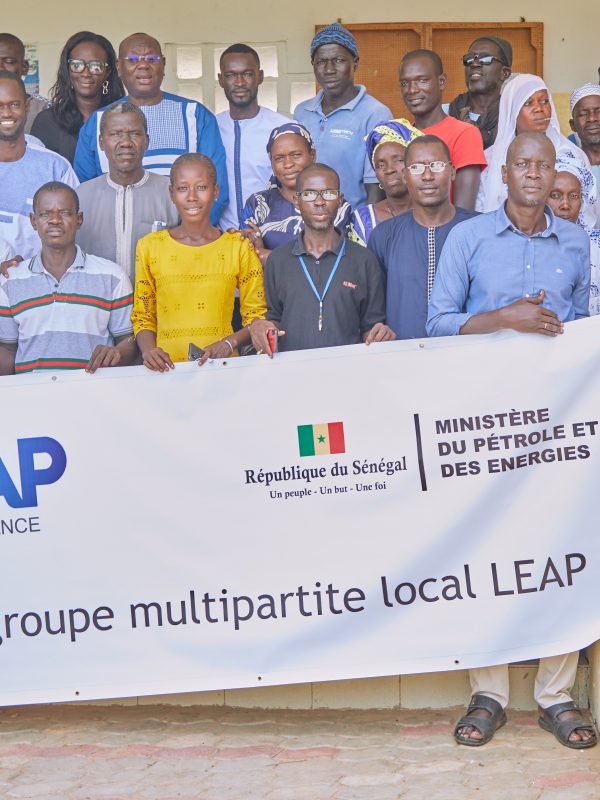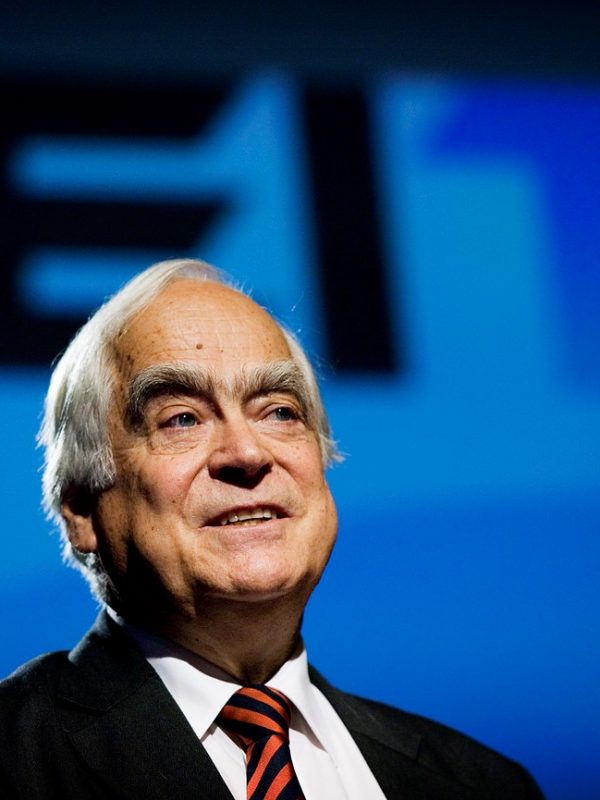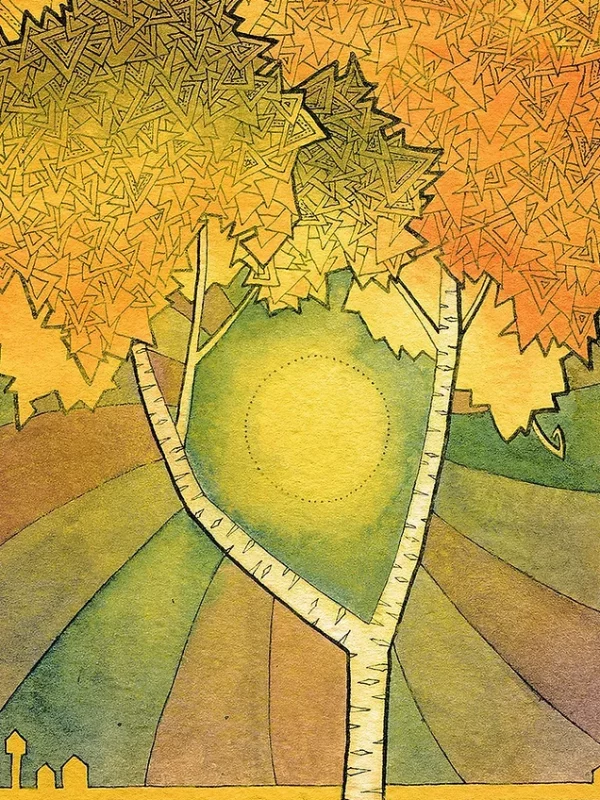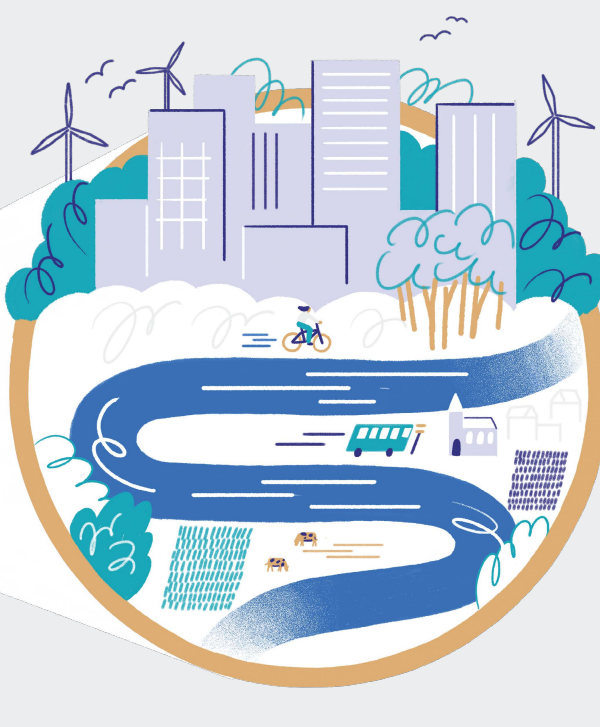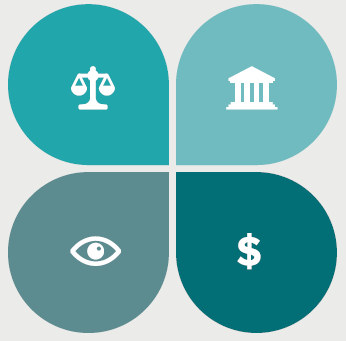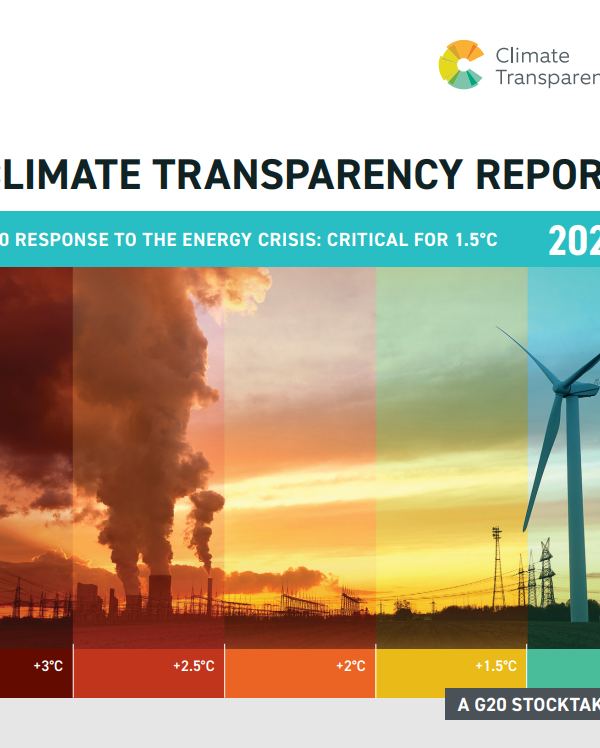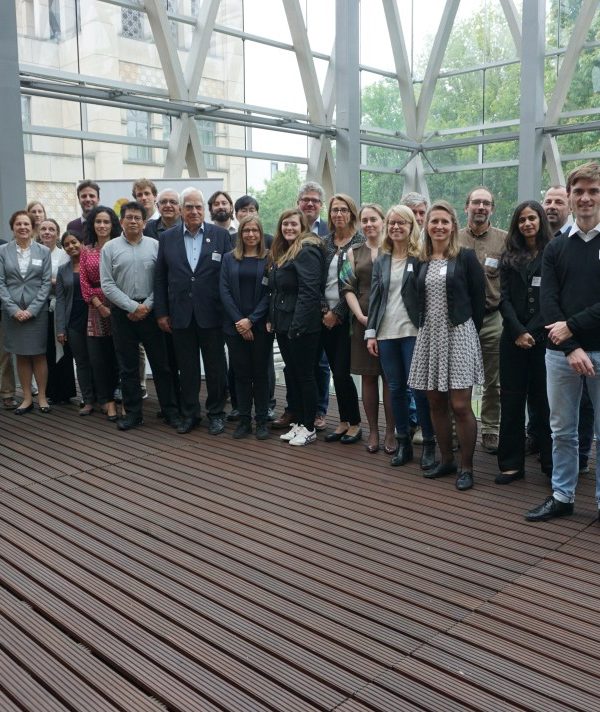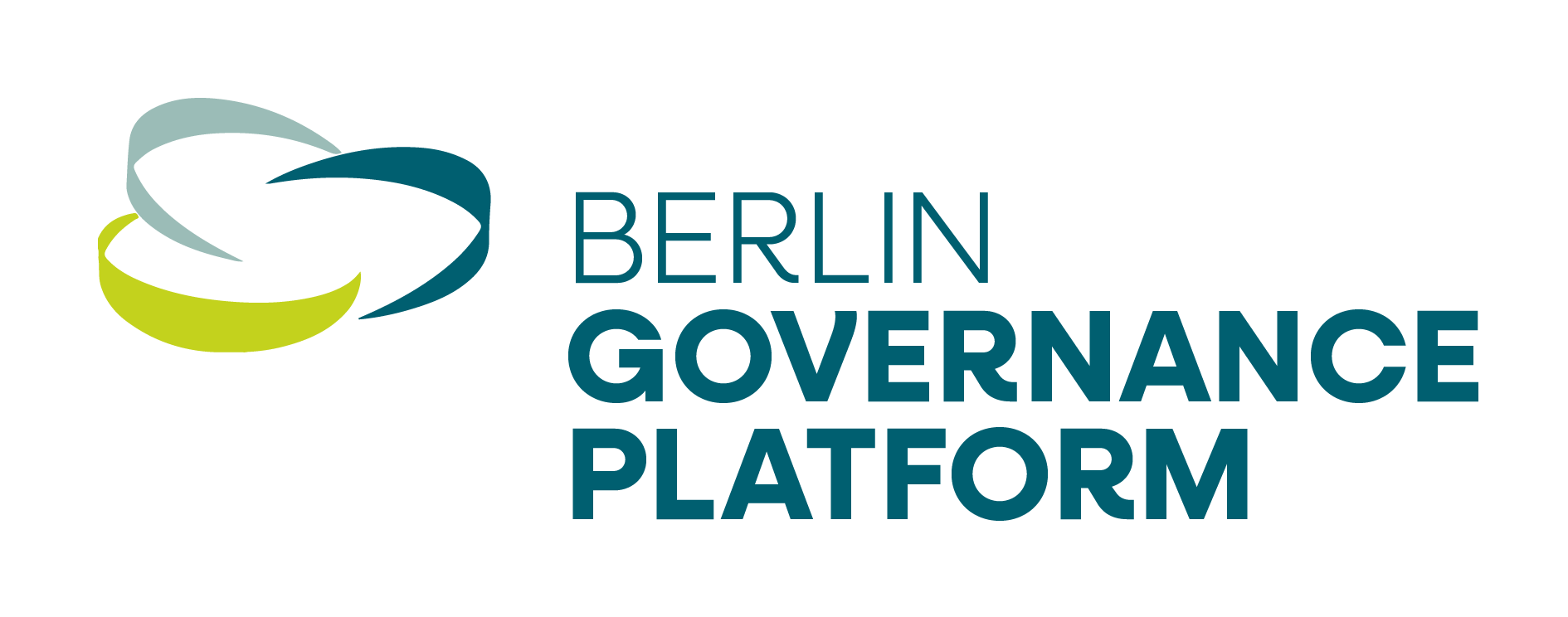In the late summer and autumn of 2022, in collaboration with the Berlin University Alliance (BUA) three trialogues were held as part of the BUA's "Grand Challenge Social Cohesion" initiative. The project was developed as part of the BUA's Fostering Knowledge Exchange priority area.
The focus was on the transdisciplinary exchange of 6 Exploration Projects on Social Cohesion with stakeholders from Berlin's urban society. The aim was also to analyse the challenges of the so-called Grand Challenge Social Cohesion with Berlin's urban society and to specify the application and possible further development of the research results with and for Berlin's urban society.
Communication and understanding between different groups and communities of interest is essential for a functioning coexistence and to prevent social divisions. In view of this existing and desired diversity, this trialogue discussed how social cohesion can be created and maintained. At the same time, current challenges were analysed.
The key questions of the event were:
Stable and trusting relationships between citizens and political institutions are a prerequisite for social cohesion. This reflects a positive connection with the community and acceptance of the basic social order. Furthermore, an open attitude towards other positions and structures for further civic participation are necessary for productive dialogue. Based on this, the trialogue "Law, Participation and Social Inclusion" discussed the role that opportunities for participation play in social cohesion. At the same time, the importance of legislation for the possibility of participation was debated.
The key questions of the event were:
Social cohesion is closely linked to inequality and vulnerabilities in the food system and nutrition-related health issues, including unequal access to safe, healthy and sustainable food, unfair working conditions, unequal eating styles and food as part of social identities. In order to ensure social cohesion, a sustainable and just transformation of the food and health system seems to be urgently needed - but the concrete design of this and the way to achieve it require further negotiation.
The key questions for this trialogue were:
The basis for finding topics and designing the trialogue series was the visualisation of the research field of social cohesion in Berlin, the so-called "Research atlas on social cohesion"which was created using qualitative interviews in 2021. All of the dialogues in the series were documented in a digital discussion atlas, which you can download here .

